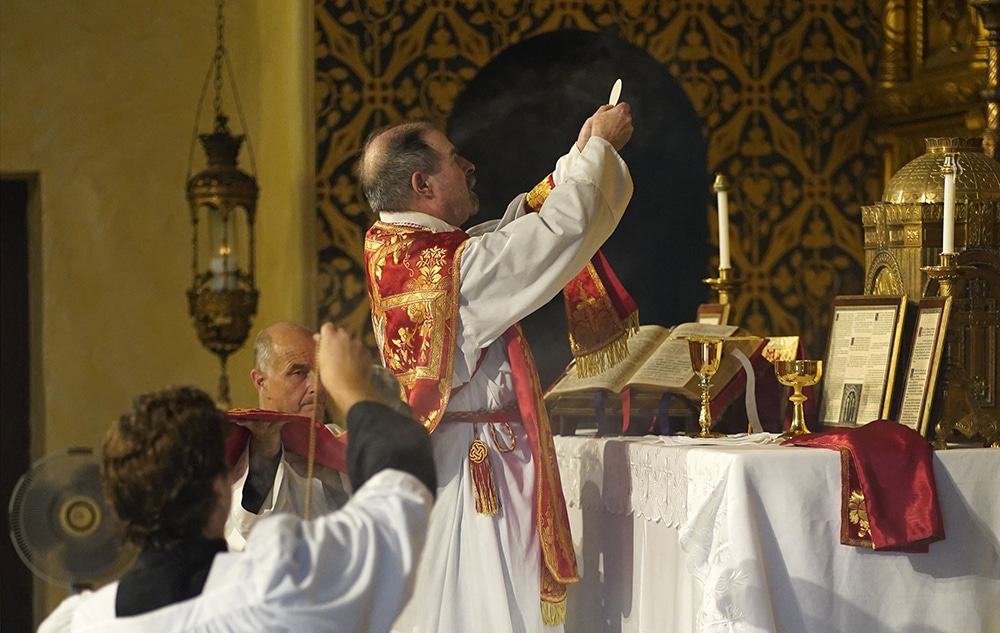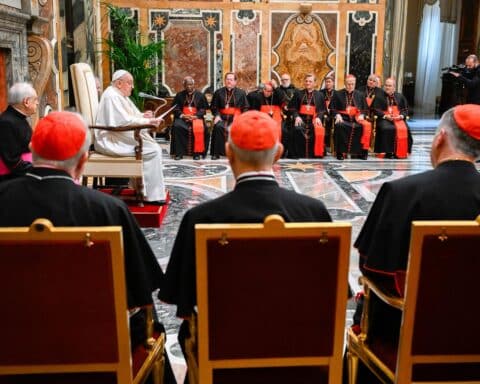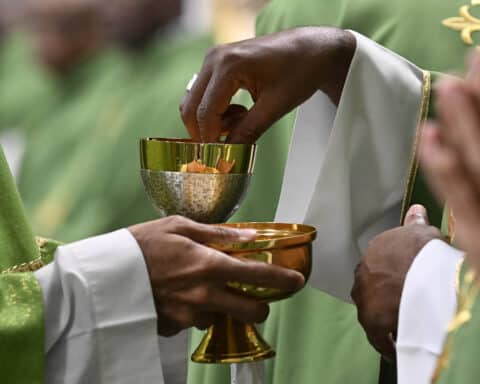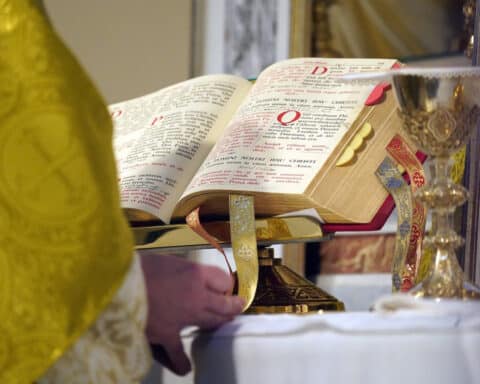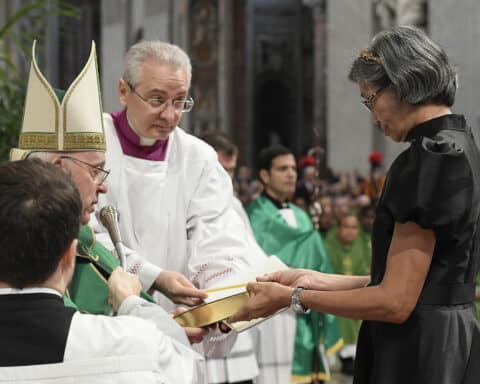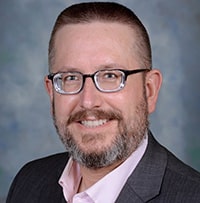
My interest in liturgical diversity has never been merely academic, however. For 35 years, I’ve actively sought out opportunities to take part in (or at least observe) various liturgies Catholic and Orthodox, including in the vernacular languages of the countries to which I’ve traveled. Since I was born in 1968, the Novus Ordo of Pope St. Paul VI was the only liturgy with which I was familiar until my late teens. Baptized in the older form of the Roman rite, I made my first confession, first Communion, confirmation, and was married in the new. But my wife and I spent two years in a Byzantine Ruthenian parish in the early 1990s and almost transferred rites, and then, from the mid-90s to mid-2017, our family belonged to a diocesan-approved oratory, administered by the Institute of Christ the King, Sovereign Priest, dedicated to worship according to the Mass of Pope St. Pius V.
And now, for the last four years, we have been back in the Novus Ordo, as members of Sts. Peter and Paul Parish in Huntington, Indiana.
My interest, both academic and personal, in the various liturgies of the Church might strike some as liturgical latitudinarianism, but the effect that exposure to them has had on my faith has been anything but. I have come to appreciate each liturgy as a source of innumerable spiritual riches not found (or found in a different way) in the others, and the core of each liturgy — the text that doesn’t change from day to day — is just the beginning. A deep dive into the prayers and prefaces proper to each day, some of which (in every liturgy) can be traced as far back as the third and fourth centuries, can be a spiritual retreat (and a theological education) in itself.
Of course, the more familiar one becomes with the various liturgies, the more one recognizes the deeper similarities as well. That makes the liturgical wars — in particular, the often palpable hatred that a devotee of one liturgy has for those who worship in another — seem almost demonic. I’ve known, for instance, Ukrainian nationalists who insist that the Divine Liturgy of St. John Chrysostom must be celebrated in Ukrainian and not Church Slavonic (much less English!) as Byzantine Ruthenians do; and Polish nationalists who insist that the Divine Liturgy should never be celebrated, only the Mass. And of course, there are radical traditionalists who insist that the Novus Ordo is illegitimate (and even some, thankfully fewer, who would like to force the Mass of St. Pius V on all Eastern Catholics). And all have their counterparts, at least on social media and in blog comments, among the defenders of what most of us just call “Mass.”
What gets lost in all of the bickering and recriminations are the vast majority, in every liturgical expression of every liturgical rite, who are simply worshiping God in the best way they know how, with other people to whom they feel a spiritual kinship. My family ended up at St. Mary Oratory celebrating the traditional Latin Mass for the same reason we now attend Sts. Peter and Paul, and for the same reason my wife and I once attended Epiphany of Our Lord Byzantine Catholic Church: All are real parish communities composed of real people who care for one another because they love the Lord and desire to worship him in a way that speaks to their souls.
I don’t know what the long-term result of Pope Francis’s latest motu proprio, Traditionis Custodes, restricting the celebration of the Mass of Pope St. Pius V (and modifying it when it is celebrated) might be. I do know that the time my family and I spent as members of St. Mary Oratory, celebrating that very Mass, continues to shape our lives, and we will always cherish both that liturgy and the community we found there. My own spiritual life is richer because of my familiarity with the various liturgies in which I’ve taken part, and my daily prayer includes prayers from the Byzantine Rite, the extraordinary form and the ordinary form.
Beyond that, there is only one thing I know for certain: Anyone who greeted Pope Francis’ motu proprio with schadenfreude — pleasure that others may find themselves deprived of the form of worship and the liturgical communities in which they feel most at home — is part of the problem of disunity, not part of any solution that Pope Francis seeks.
Scott P. Richert is publisher of OSV.

